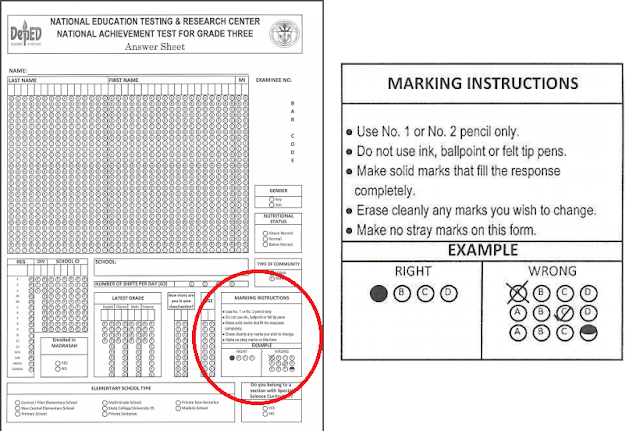Colleges Are Ripping Off.. ...What We Do With Numbers

A friend on Facebook brought to my attention an article from a conservative website, Intellectual Takeout . The article, How Colleges Are Ripping Off a Generation of Ill-Prepared Students , was a commentary authored by a professor of economics at George Mason University, Walter Williams. It was originally published in another right-wing site called The Daily Signal . In the article, Williams was accusing colleges of admitting students who could not even read nor write nor do arithmetic. Williams arrived at this conclusion by comparing scores in the National Assessment of Education Progress (NAEP), high school graduation rates, and enrollment in colleges. Williams noted that the fraction of students entering college is far greater than the fraction of students reaching proficiency in either math or reading NAEP exams. Obviously, Williams did not know what the levels in an NAEP exam really meant, or he was simply misleading readers. Here is the description on the NAEP website regardin...









